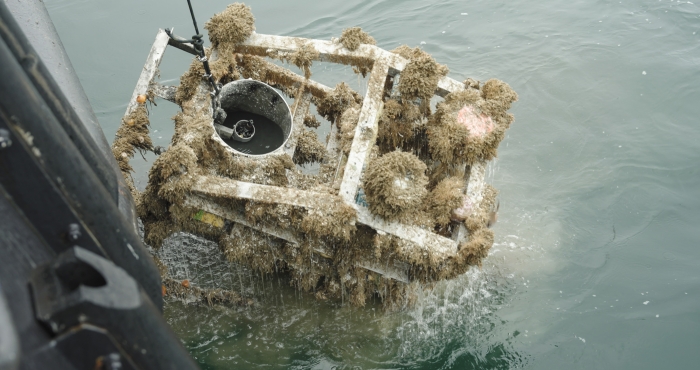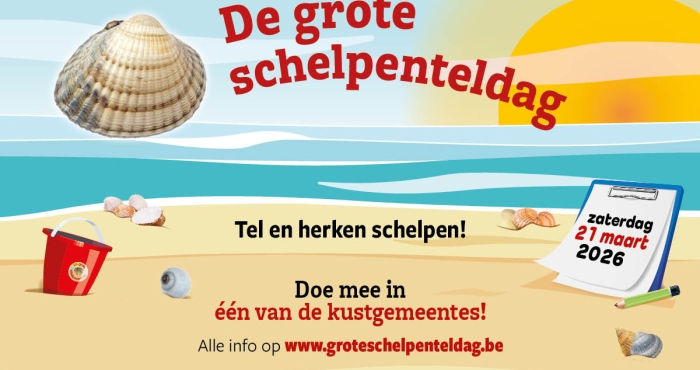
21
Mar
2026
Big Seashell Survey 2026
Join the 9th edition of the Big Seashell Survey and discover the wonderful world

Join the 9th edition of the Big Seashell Survey and discover the wonderful world
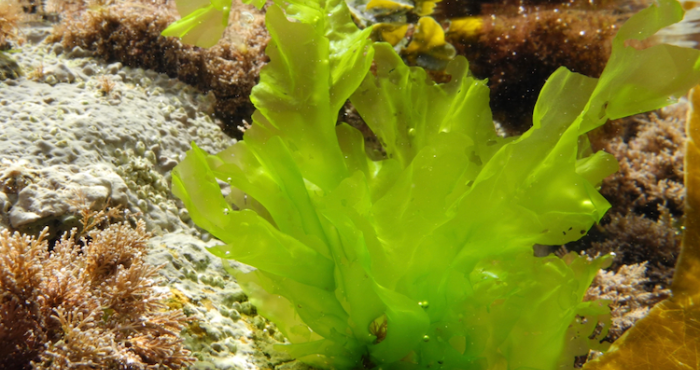
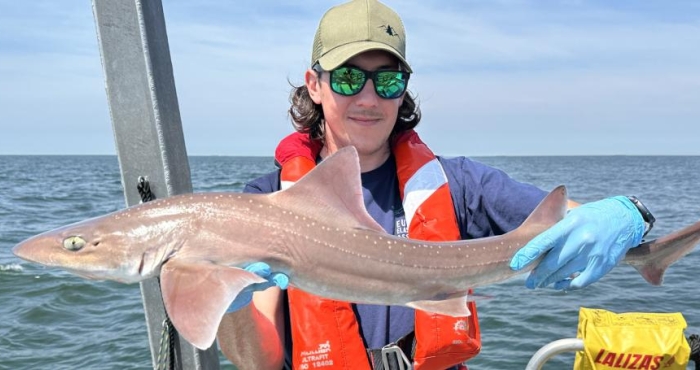
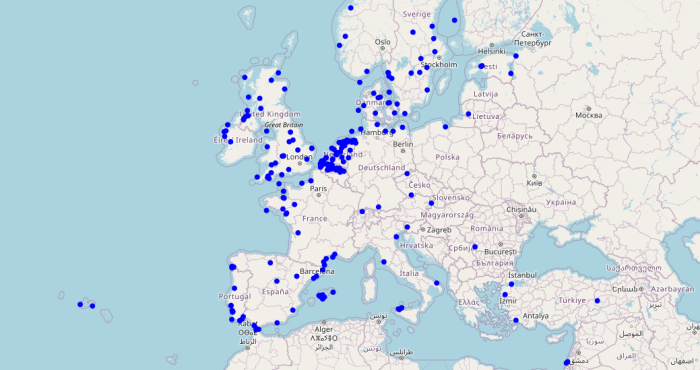
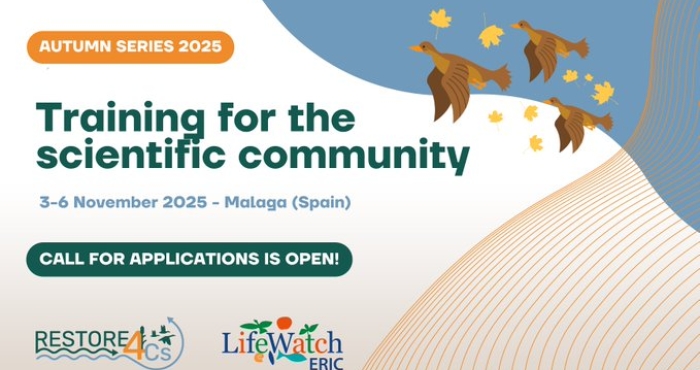
The RESTORE4Cs (Modelling RESTORation of wEtlands for Carbon pathways, Climate C
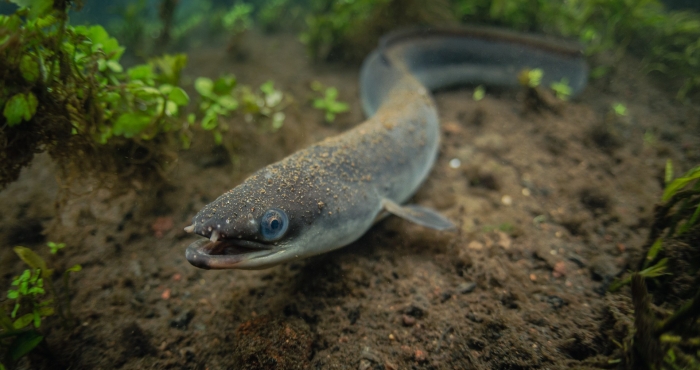
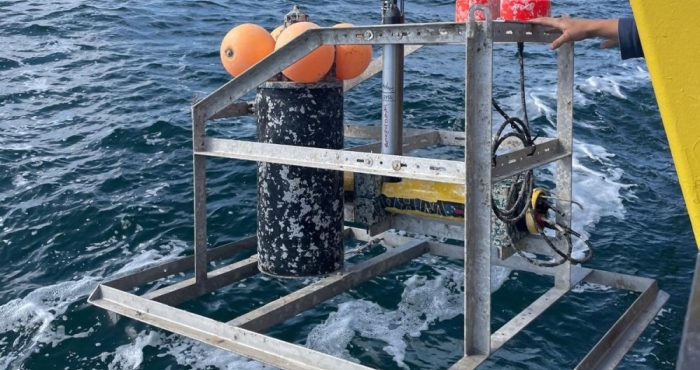
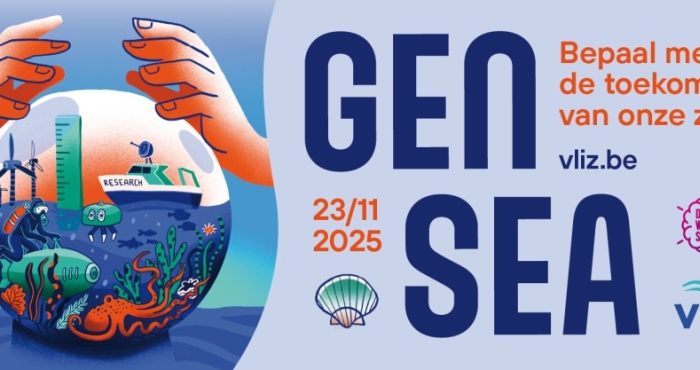
Interested in marine research?
